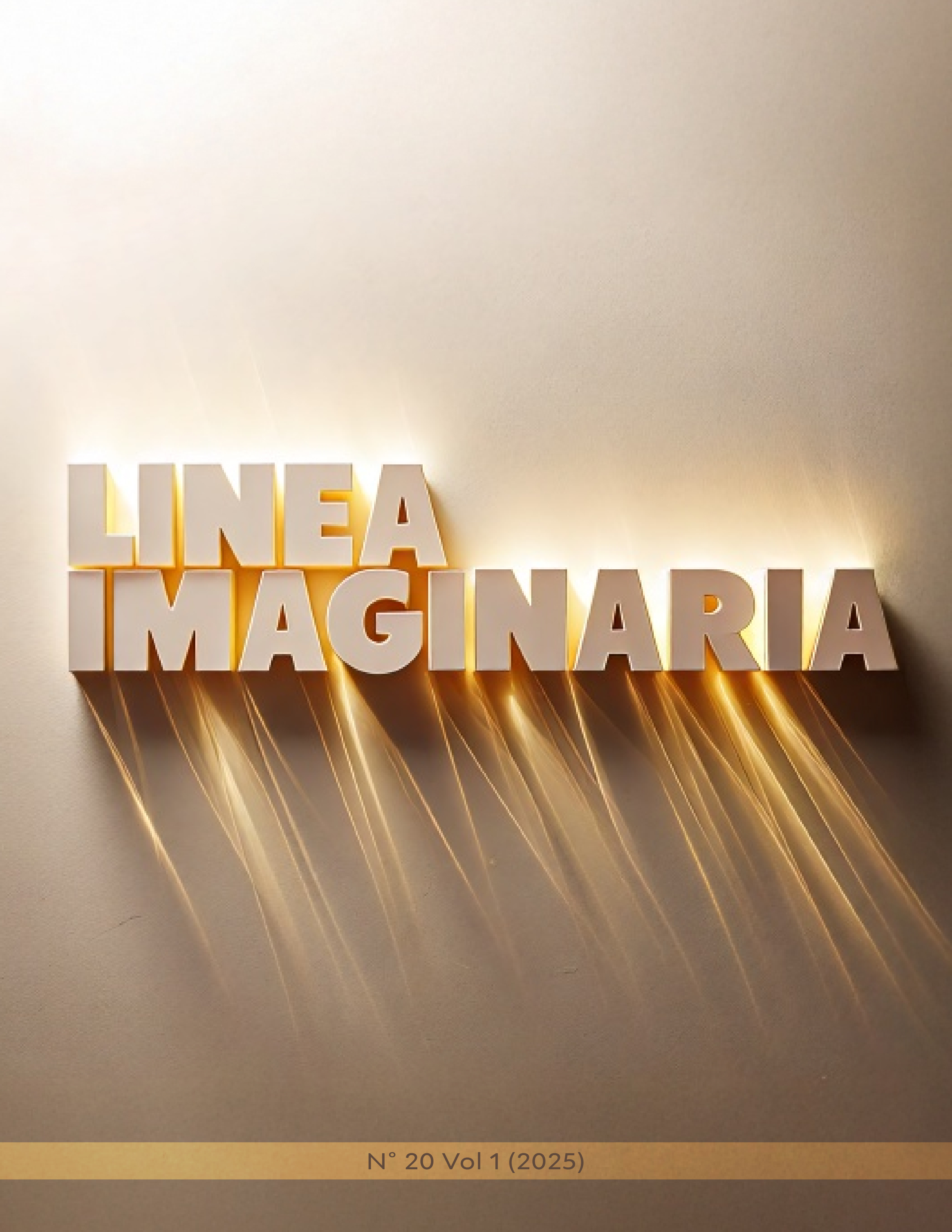“TEACHING STRATEGIES AIMED AT TEACHERS WHO HEL IN THE DEVELOPMENT OF THE VALUE OF SOLIDARITY AT THE DR. ALBERTO DÍAZ GONZÁLEZ COLLEGE TECHNICAL SCHOOL.”
DOI:
https://doi.org/10.56219/lneaimaginaria.v1i20.3713Keywords:
Teaching Strategies, Training, Value, SolidarityAbstract
The research emerged as a recurring concern of researchers in different aspects that seek to understand how to promote and strengthen the Didactic Strategies aimed at teachers that help in the formation of the value of solidarity at the Dr. Alberto Díaz González Technical School. This article is to describe essential criteria of the guidelines in Didactic Strategies, also with the intention of promoting new mechanisms of the process of strengthening the value of Solidarity, which was carried out through an exhaustive analysis of the literature and a theoretical study, using a qualitative approach method, which includes semi-structured interviews with teachers, students and parents, highlighting the implementation of effective didactic strategies, seeks to ensure that the value of solidarity can face the challenges linked to the lack of education in values. The findings deduced that there is a positive correlation in promoting solidarity in the classroom since it is essential to build an inclusive and collaborative environment that fosters both personal and collective growth. The findings indicated that promoting solidarity has a positive impact, evidencing a direct correlation with the development of core values such as empathy, teamwork and social commitment. This approach not only strengthens cohesion within the classroom, but also has profound implications for emotional connection. Thus, fostering solidarity is presented as an essential tool in the formation of conscious and collaborative citizens.
Downloads
References
Acosta M. y Páez H. (2007). Estrategias didácticas para educar en valores 10 valores con intencionalidad. Revista Educación en Valores, 2(8), 57-69. servicio.bc.uc.edu.ve/multidisciplinarias/educacion-en-valores/v2n8/art9.pdf
Constitución de la República Bolivariana de Venezuela. [Const]. Art. 102. 2 de febrero de 1999 (República Bolivariana de Venezuela).
Díaz G. y Hernández A. (1999) Factores que determinan la motivación por aprender. Editorial Biosfera. Diaz J. (2015). El desarrollo del juicio moral en Kohlberg como factor condicionante del rendimiento académico en ciencias sociales de un grupo de estudiantes de educación secundaria. Revista Electrónica Educare. 19(3), https://www.scielo.sa.cr/scielo.php?script=sci_arttext&pid=S1409-42582015000300072 DOI: https://doi.org/10.15359/ree.19-3.8
Hernández R. y Mendoza C. (2018). Metodología de la Investigación: Las Rutas Cuantitativas, Cualitativas y Mixtas. McGRAW-HILL INTERAMERICANA Lozano, Y. y Mejías, A. (2024). Desarrollo socioafectivo- Novedad 2024. Editex
Juárez, J. UCAB (2024). Informe Técnico. La pérdida de valores como el respecto y la justicia han debilitado el tejido social en Venezuela. https://universate.ucab.edu.ve/jose-francisco-juarez-la-perdida-de-valores-como-el-respeto-y-la-justicia-han-debilitado-el-tejido-social-en-venezuela/
Navarro L. (2009). Desarrollo, Ejecución y Presentación del Proyecto de Investigación. Panapo
Orozco O., y Esteves Z. (2023). Aprendizaje Significativo Critico. Una articulación renovadora de la formación educativa. Revista Interdisciplinaria de Humanidades, Educación, Ciencia y Tecnología. 9(1), 318-332. https://www.researchgate.net/publication/372635899_Aprendizaje_Significativo_Critico_Una_articulacion_renovadora_de_la_formacion_educativa DOI: https://doi.org/10.35381/cm.v9i1.1063
Vílchez J. (2023). Vigencia de la teoría de Vygotski: Desarrollo cognitivo, mediación y el problema de la evaluación de los profesores. Revista SciELO. 19(1), www.scielo.sld.cu/scielo.php?script=sci_arttext&pid=S2077-29552023000100001
.
Zabalza, A (2008). La Formación del Profesor de Primaria y Secundaria. GEU.
Downloads
Published
How to Cite
Issue
Section
License
Copyright (c) 2025 LÍNEA IMAGINARIA

This work is licensed under a Creative Commons Attribution-NonCommercial-ShareAlike 4.0 International License.
La revista Línea Imaginaria conserva los derechos patrimoniales (copyright) de las obras publicadas, que favorece y permite la reutilización de los mismos bajo la licencia Creative Commons Atribución-NoComercial-CompartirIgual 4.0 , por lo cual se pueden copiar, usar, difundir, transmitir y exponer públicamente, siempre que se cite la autoría y fuente original de su publicación (revista, editorial, URL y DOI de la obra), no se usen para fines comerciales u onerosos y se mencione la existencia y especificaciones de esta licencia de uso. Si remezcla, transforma o crea a partir del material, debe distribuir su contribución bajo la misma licencia del original.













